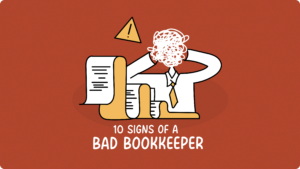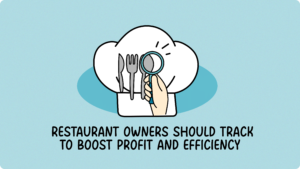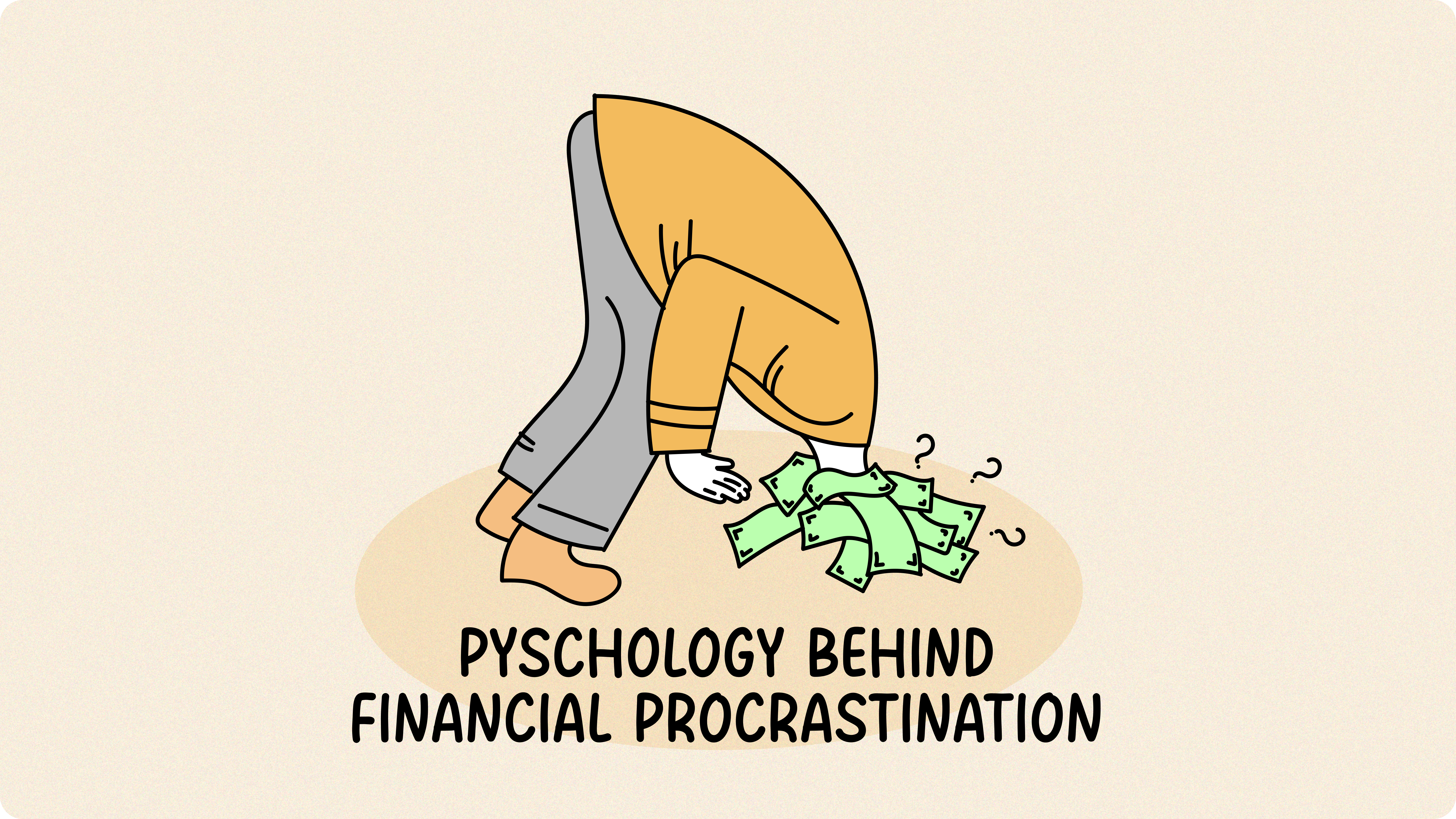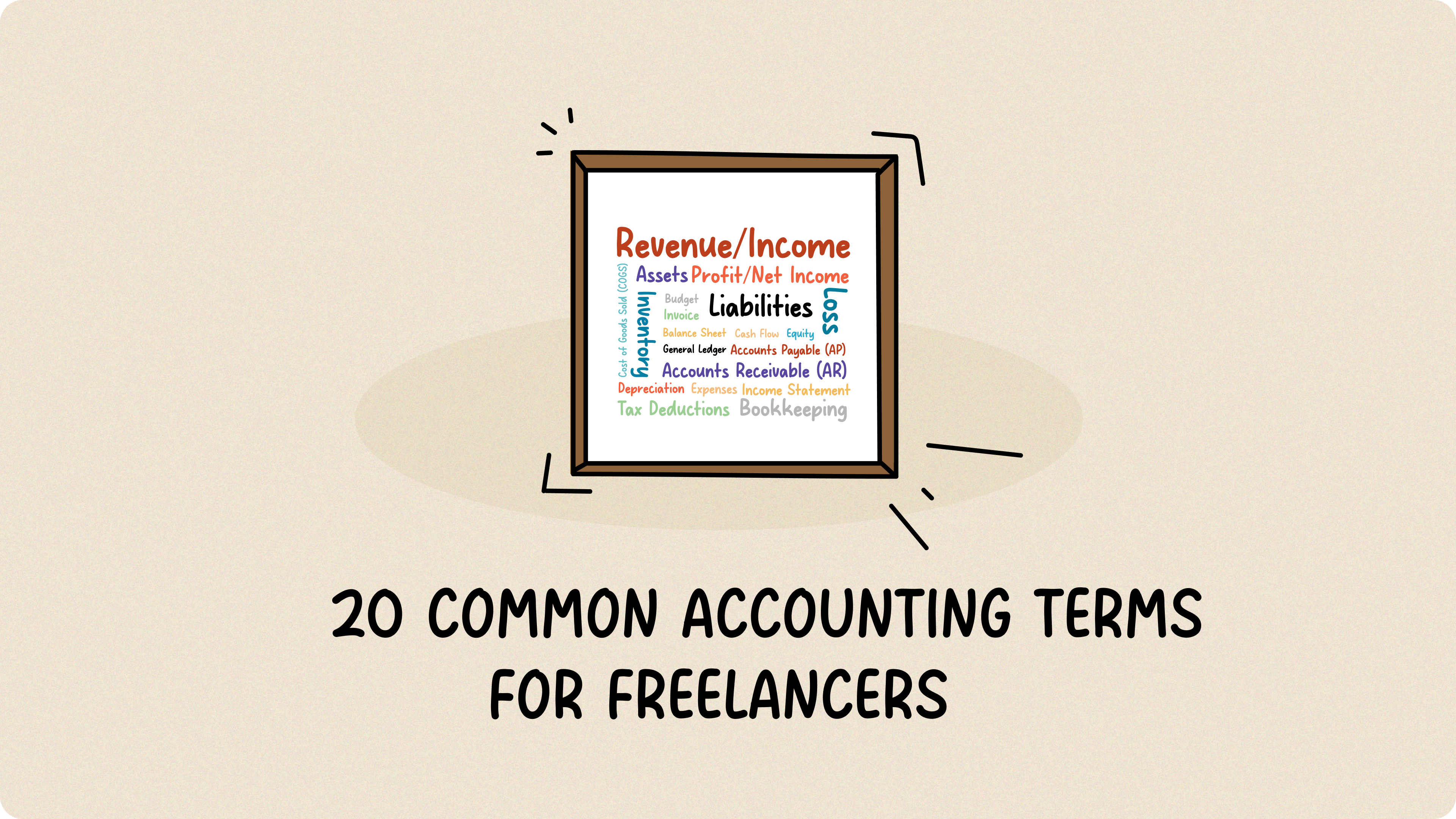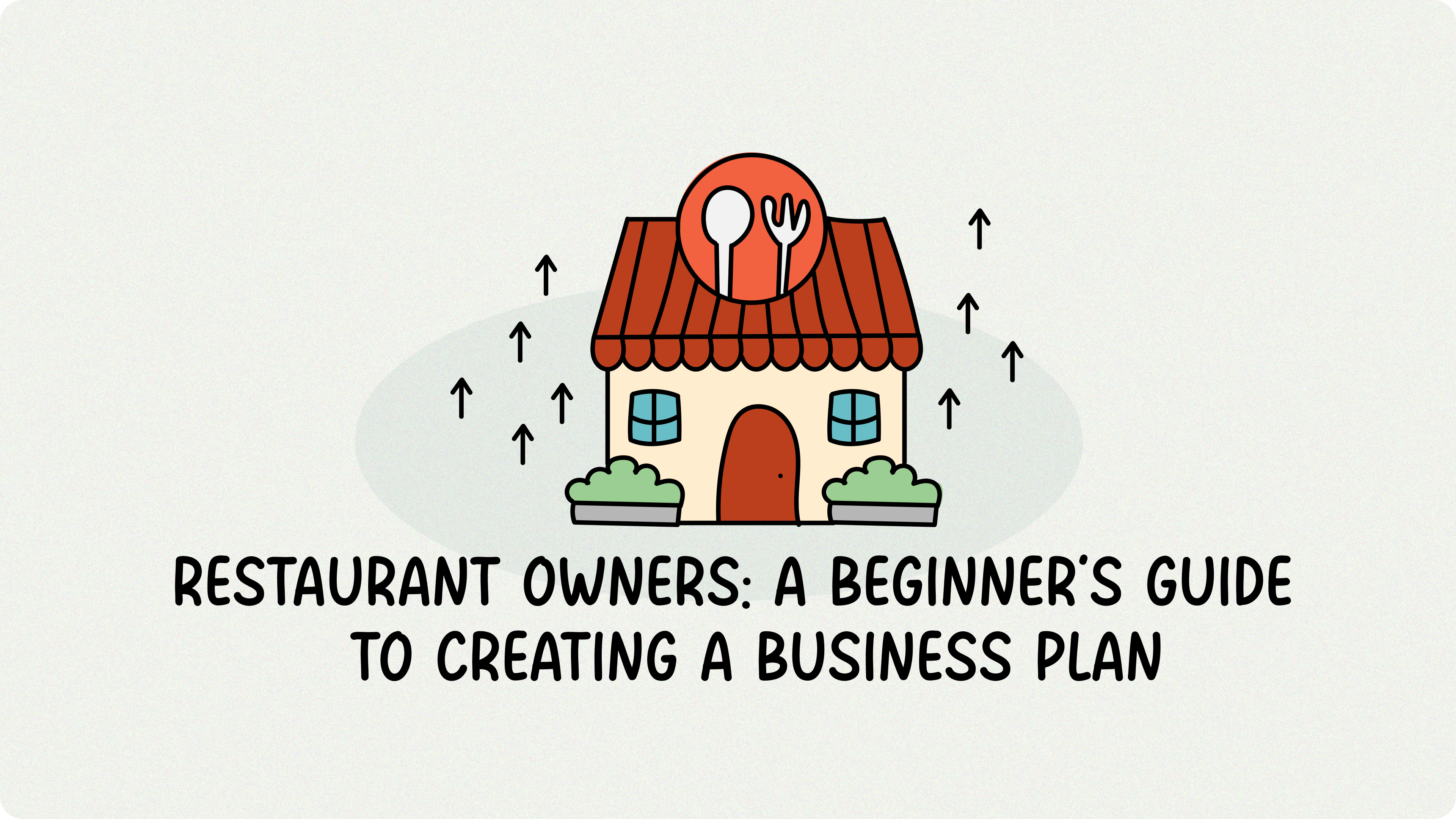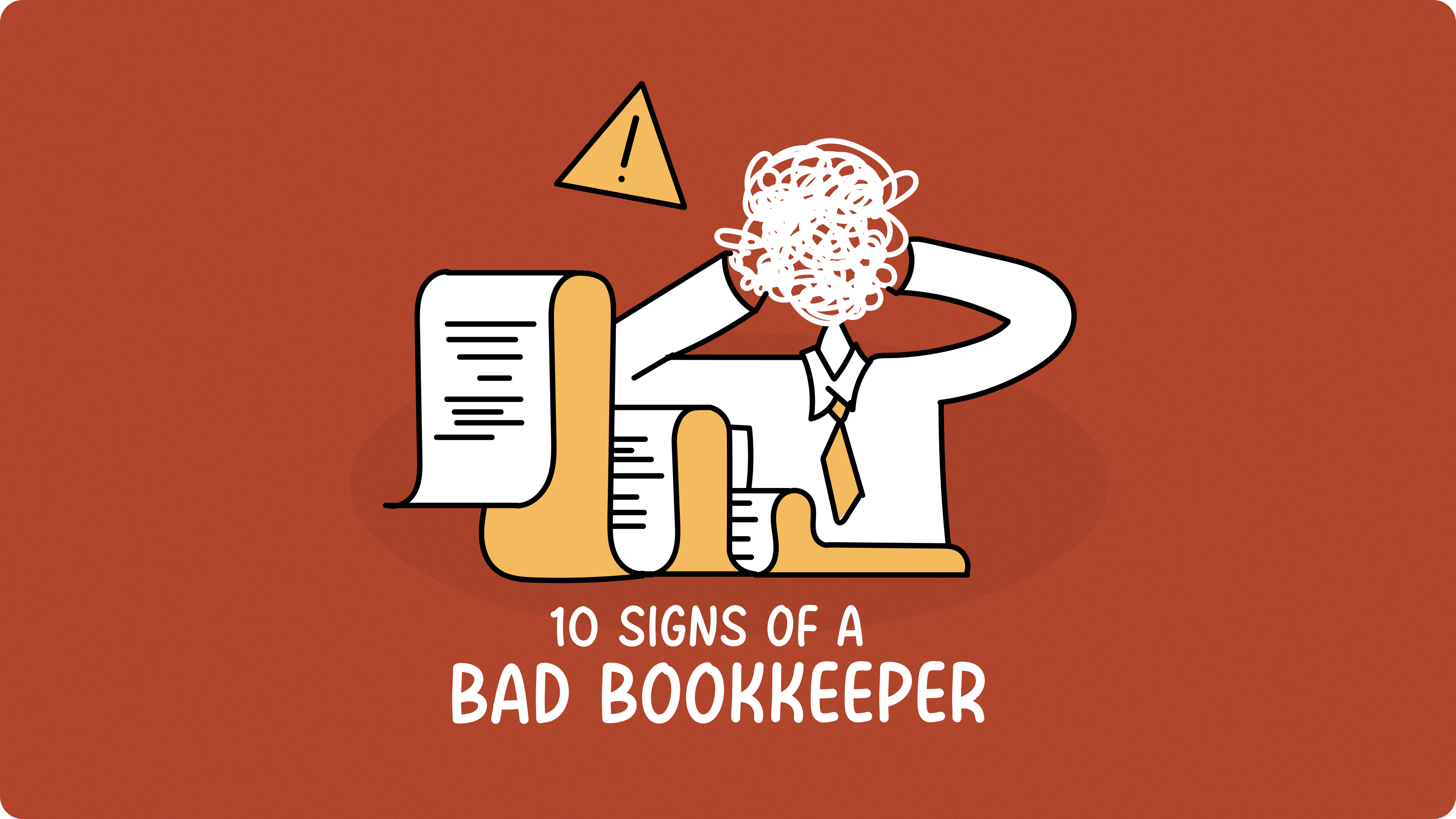Ever feel like your finances are a mess, and you’re just “bad with money”? You’re not alone, and it’s probably not entirely your fault. Many Americans struggle with financial organization. A survey by Ally Financial found that 45% of us are concerned about our finances, and 46% let emotions influence our spending. Yet, despite this emotional connection to spending, 36% never seek support for managing their money. This highlights a key point: there’s a lot of psychology behind why we struggle. Let’s explore these hidden factors and how you can take control!
Table of Contents
- How Organized Are Your Finances? Take This Quiz to Find Out
- Bad Financial Organization: What and Why?
- The Psychological Roots of Bad Financial Habits
- Breaking the Cycle: Taking Control
How Organized Are Your Finances? Take This Quiz to Find Out
Ready to see how financially organized you really are? Take a quick look at the list below and check off any of these situations that apply to you. It’s a good way to get a clearer picture of where you stand.
- Missed bill payments
- Overdraft fees
- Forgotten submission deadlines
- Tax forms submitted with errors
- Impulse spending or overspending
- Overwhelmed by piles of bills
- Anxious about budgeting
- No clue about monthly income and expenses
- As a freelancer, mixing business and personal expenses
- Spreadsheets and accounting software feel alien
- Easily mistaking $10,000 for $1,000
- Not a “numbers person” and mixing up 10,000 and 1,000
Don’t worry, you’re not alone if you checked some of these. But if you marked more than five, it’s time to take a closer look at what’s going on. While it’s common to focus on your work or business, neglecting your finances can create serious problems down the road. Let’s explore the psychological factors that contribute to financial disorganization and learn how to master your money.
Bad Financial Organization: What and Why?
So what is bad financial organization? It’s more than just feeling “bad with money”—it’s a bunch of habits that slowly eat away at your financial well-being. Consider missed payments, clueless spending, no emergency fund, stress shopping, and that constant worry about debt. These are all signs you’re not in control of your money.
Why does this matter? On a personal level, it can lead to a ton of stress, anxiety, and even fights with your partner. But financial messes can have way bigger consequences. Remember Enron? They were huge. But they were also faking it ’til they made it (or, well, didn’t make it). They used all sorts of accounting tricks to hide their debt and make their profits look way better than they actually were. When it all came crashing down, it was a mess – lost jobs, ruined reputations, the whole nine yards. It’s an extreme example, but it shows that messing with finances, whether it’s billions of dollars or your weekly grocery budget, can seriously backfire.
And here’s the thing: it’s not always about knowing the right formulas. Sure, understanding finances is important, but there’s often more going on. Things like fear, avoidance (who wants to look at those bills?), impulsive spending, and even money habits you picked up from your family can play a big role. These hidden influences can totally wreck your best intentions. So, if you’re struggling, it’s not just about learning how to balance a checkbook, It’s about figuring out why you do the things you do with your money. Let’s explore the psychology of bad financial organization and see what’s really happening.
The Psychological Roots of Bad Financial Habits
Here are some common psychological factors that influence our finances:
- Fear and avoidance
Money worries can be a major source of stress, creating a constant undercurrent of anxiety about debt, job security, and just not having enough. This overwhelming anxiety often leads to avoidance, much like escaping into a TV show to avoid a stressful situation. People might avoid opening bills, checking bank statements, or creating a budget, fearing what they’ll discover. This avoidance, while offering temporary relief, only exacerbates the problem. The longer finances are ignored, the more daunting they become, increasing anxiety and creating a vicious cycle of inaction.
- Procrastination and Perfectionism
Let’s face it, financial stuff—budgeting, bills, all that—usually ends up at the bottom of our to-do list. Putting it off just makes things worse. The longer we wait, the bigger the monster under the bed gets, and the less we want to deal with it. A few unopened letters can turn into a mountain of paperwork, making us feel totally overwhelmed. Then there’s perfectionism. We want the “perfect” budget, the “perfect” plan, and that can actually stop us from doing anything. Fear of messing up, even a little, can keep us stuck. It’s like we’re so busy trying to make it perfect that we never actually get started.
- Learned Behaviors & Family Influences
Our early experiences with money often shape our financial habits. We learn by observing those around us, especially family. It’s not about blame, but recognizing these influences is key. If you grew up with gambling or constant credit card use, developing a healthy money mindset can be challenging. These learned behaviors, even unintentional, can become ingrained. For example, if your parents used credit for everything, it might seem normal, even if it leads to debt. Similarly, if financial discussions were always stressful, you might associate money with negativity. These early experiences can form the basis for how we approach budgeting, saving, and spending.
- Lack of Self-Efficacy
Have you ever heard the saying, “Whether you think you can, or you think you can’t, you’re right”? It’s so true, especially when it comes to money. If you’ve convinced yourself that you’re just “bad with money,” you’re way less likely to even try to get organized. And when you don’t try, well, you don’t get any better, which just reinforces that feeling of being inadequate. It’s a self-fulfilling prophecy, unfortunately.
- Impulsivity and emotional soending
We’re all human, and sometimes that instant gratification feels so good. A new gadget, a spontaneous trip—it’s tempting to prioritize those immediate wants over long-term needs. Saving for a house in ten years just doesn’t have the same appeal as a vacation to Hawaii right now, does it? Plus, we often use spending as a way to deal with stress or bad moods. Had a rough day at work? Retail therapy can seem like the perfect solution, even if it wreaks havoc on your budget.
- Social and Cultural Pressures
Let’s be honest, Fear of missing out (FoMO) is a powerful force. We’re constantly bombarded with messages about what we “should” have, where we “should” be going, and what we “should” be doing. It’s easy to fall into the trap of overspending just to keep up with friends, social media trends, or whatever the current cultural expectations are. “Everyone else has the latest phone, so I need one too,” becomes the mantra, even if your current phone works perfectly fine.
Breaking the Cycle: Taking Control
So, you’ve discovered that your brain isn’t always rational when it comes to money. Acknowledging the problem is the first step. Now, think of yourself as a machine. Even with the same “input” (financial challenges), changing your operating system (financial habits) can lead to a much brighter financial future. It’s like upgrading your software – you can handle the same stuff, but way more efficiently. Here’s your user manual for the upgrade:
- Small Steps
This is the golden rule: don’t try to transform your entire financial life overnight. It’s a marathon, not a sprint. Think of it like training for a marathon: You wouldn’t expect to run 26 miles on your first day of training! The same goes for your money. Don’t try to overhaul everything at once. Instead, focus on taking small, manageable steps. Think of it as building momentum. Each small victory, like organizing your receipts or setting up a budget, makes it easier to tackle the next thing. So, instead of a huge, daunting goal like “Conquer my debt,” start with something achievable, like “Track my spending for a week.” Once you’ve nailed that, you’ll be ready for the next small step. - Realistic Goals
While we’d all love to be rolling in dough, setting realistic goals is absolutely essential. Aiming to go from broke to billionaire in a week is just setting yourself up for disappointment and discouragement. When figuring out your income goals, be brutally honest with yourself. Carefully review your past performance, consider any seasonal ups and downs in your income, and be realistic about what you can realistically achieve in a given timeframe. This way, you’ll avoid feeling overwhelmed and stay motivated to keep moving forward. - Budget and Track
Tracking every single expense, from your daily coffee to that unexpected car repair, can seem like a tedious chore. But it’s the single most accurate way to see where your money is actually going. You might be surprised by how much those little expenses add up! Comparing your carefully crafted budget to your tracked expenses is like getting a financial X-ray. It gives you a crystal-clear picture of what’s working, what’s not, and where you might be leaking money. - Automate
If you tend to spend whatever’s in your account, automating your savings can make a huge difference. It’s like secretly slipping money into a piggy bank every payday without even having to think about it. Start with a small amount you’re comfortable with, and then gradually increase it as you get used to it. Automating bill payments is another lifesaver – say goodbye to those annoying overdraft fees and late payment penalties! But it’s always a good idea to double-check those automated amounts every so often to make sure everything is still on track. - Self-Compassion
Be kind to yourself throughout this process! Change, especially when it involves ingrained habits, takes time and effort. You’re not going to become a financial guru overnight, and that’s perfectly okay. Simply recognizing the problem and taking steps to address it is a huge accomplishment in itself. Slow and steady progress is still progress! Don’t beat yourself up over occasional slip-ups or setbacks. Just dust yourself off and get back on track. - Seek Professional Help
When you’re just starting out, managing your finances might seem relatively straightforward. But as your business grows, or your financial situation gets more complex (investments, taxes, etc.), it’s worth considering expert advice. A qualified financial advisor can provide personalized guidance tailored to your situation and help you navigate the trickier aspects of financial management. They can also help you develop a long-term financial plan to achieve your goals.
Next time you feel like you’re “bad with money,” remember the psychology behind it. You’re not alone, and you can take control. Ready to get started? Schedule a call with us – we can help you develop a plan and conquer those financial challenges.


